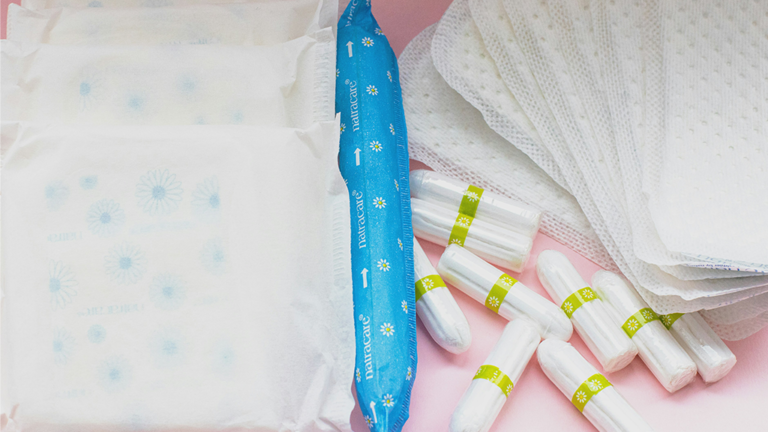Arsenic and Lead Found in Tampons Sold in U.K., Greece, and U.S.

July 10, 2024: A groundbreaking study, the first of its kind to analyze tampons for the presence of metals, has revealed the presence of concerning substances in widely available products worldwide. Researchers from the University of California, Berkeley, tested 30 tampons from 14 different brands purchased from major online retailers and stores in the United States, the United Kingdom, and Greece.
The analysis identified trace amounts of several metals, including lead and arsenic, in all 30 tampon samples. These findings raise significant health concerns, as both lead and arsenic are recognized as toxic substances with the potential to cause a range of health problems, including developmental issues in children and certain cancers.
The study did not differentiate between organic and non-organic tampons or disclose the specific brands tested. However, the researchers did observe some variations in metal concentrations. Organic tampons contained lower levels of lead but slightly higher levels of arsenic than non-organic tampons. Additionally, tampons purchased in the United States exhibited higher lead concentrations than those from the European Union or the United Kingdom.
While the exact source of the contamination remains under investigation, researchers suggest potential pathways for these metals to enter tampons. The cotton plants manufacturing the tampons may absorb these metals from contaminated soil. Alternatively, the metals could be introduced during the manufacturing process through the use of certain additives or through improper sanitation practices.
The study’s lead author, Dr. Jenni Shearston, a postdoctoral scholar at the University of California, Berkeley’s School of Public Health, emphasized the need for further research to understand the potential health implications of these findings. Additionally, Dr. Shearston called for stricter regulations regarding testing metals in tampons by manufacturers.
The study’s findings have sparked public concern and calls for greater transparency from the tampon industry. Regulatory bodies in various countries may need to re-evaluate existing safety standards for menstrual products. Consumers are encouraged to stay informed about future developments and to prioritize their health by choosing trusted brands and potentially opting for organic tampons based on the limited data available.
This groundbreaking research underscores the importance of ongoing product safety assessments, particularly for items intended for intimate use. The presence of toxic metals in tampons necessitates further investigation and potential regulatory changes to ensure the health and safety of women and girls globally.
Also Read, US Stocks Edge Higher as Powell’s Testimony and CPI Data Loom
































